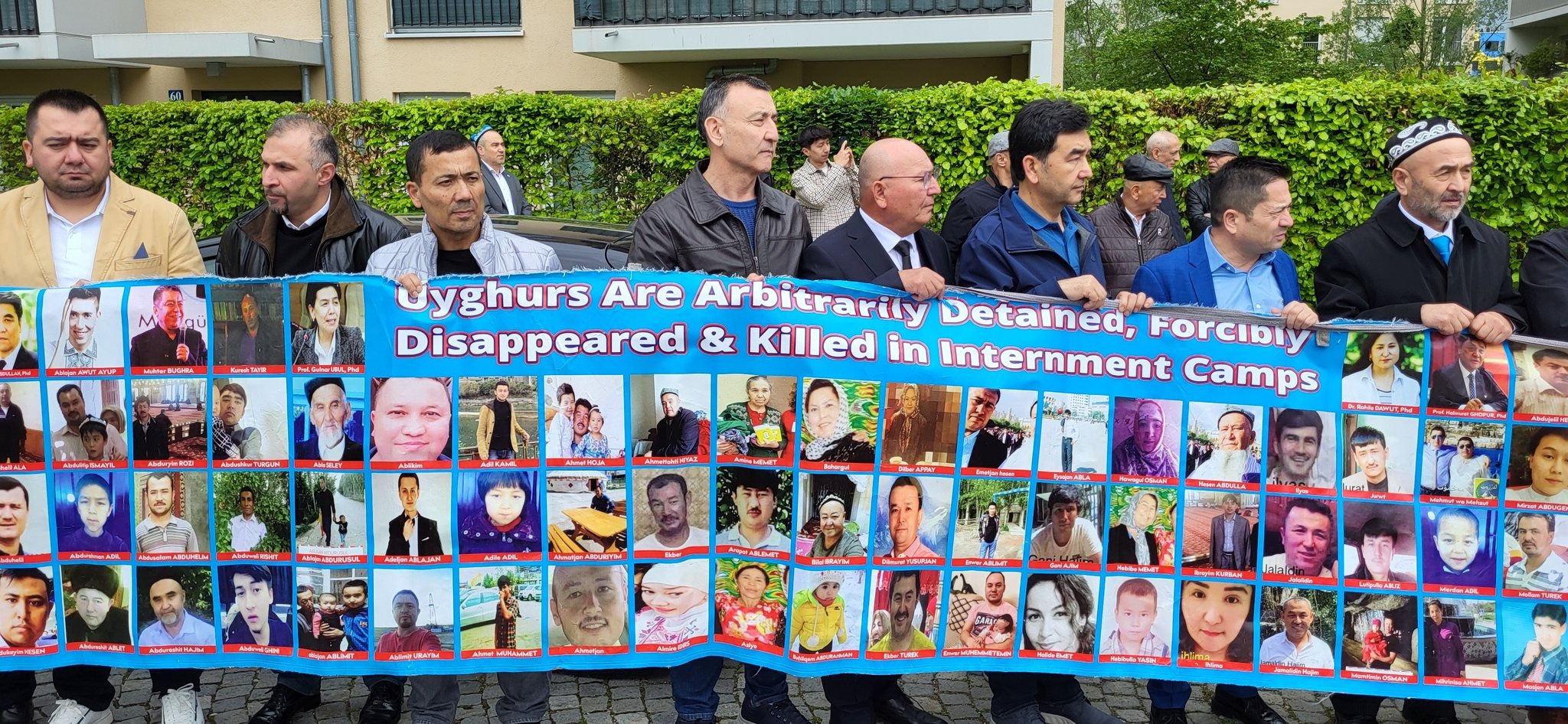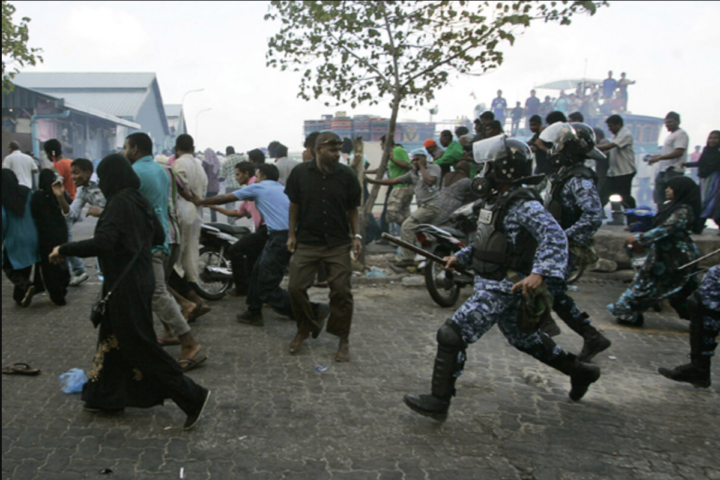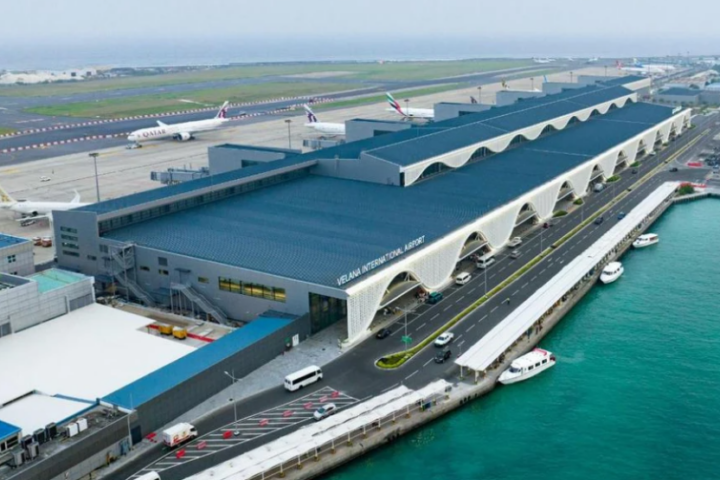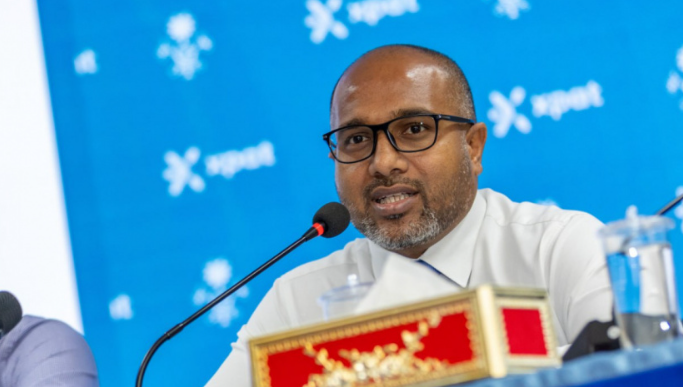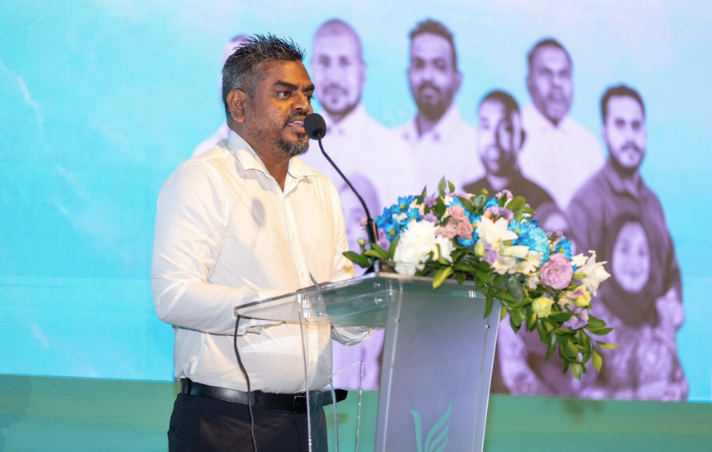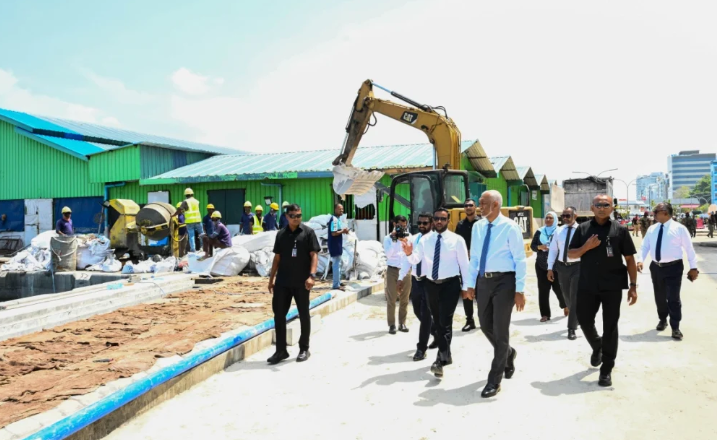In Munich, Germany, the World Uyghur Congress (WUC) is currently hosting a diverse gathering, featuring Uyghur activists, survivors, and international allies, unified in their opposition to the challenges faced by the Uyghur people. As the WUC commemorates its 20th anniversary, a series of events aims to shine a light on the suffering endured by the Uyghur community, largely influenced by Beijing’s geopolitical ambitions. These events, ranging from symposiums to cultural exhibitions, aim to spotlight the plight of Uyghurs in China.
“Joined by approximately 300 participants, including Uyghur activists, community leaders, camp survivors, allies, government officials, and civil society representatives from over 25 countries, our conference will serve as a powerful platform for solidarity, dialogue, and collective action. Together, we will continue to raise our voices, advocate for justice, and stand in solidarity with the Uyghur community,” stated the WUC regarding the Munich celebrations.
The strategic importance of the Xinjiang region, home to Uyghur community, is rich in natural resources and central to China’s Belt and Road Initiative. Discrimination against Uyghurs is employed as a means of consolidating political authority and suppressing emerging aspirations for autonomy, particularly among the younger generation aspiring for peace and self-determination.
Beyond amplifying the voices of the oppressed, the Munich gathering seeks to catalyze concerted efforts against injustice. It calls on the global community to hold Beijing and the CCP accountable through targeted sanctions and heightened awareness campaigns. For proponents of human dignity and freedom, the WUC’s platform offers a ray of hope amidst the relentless march of tyranny.
Within the Xinjiang region, the Uyghur minority faces a systematic campaign of oppression and human rights violations endorsed by the state. The CCP’s governance in the region has long been under scrutiny, with allegations of heavy-handed tactics dating back to the late 1940s.
Numerous reports from international bodies, supplemented by firsthand testimonies and leaked documents, offer a chilling glimpse into the daily realities endured by Uyghurs. Accounts of individuals confined to concentration camps, subjected to forced labor, cultural eradication, and indoctrination efforts aimed at erasing their identities paint a grim picture.
Under the guise of counterterrorism, Chinese authorities justify the detention of over three million Uyghurs, a figure contested by Beijing. However, the severity of the Uyghurs’ plight represents a particularly egregious manifestation of the CCP’s suppressive tactics, evoking rightful indignation and condemnation both domestically and internationally.
“The Chinese government’s mass arbitrary detention of Uyghurs and other Turkic Muslims is a horrific abuse of state power and a direct assault on the rights and dignity of people in China,” stated Human Rights Watch in a report on Uighur detention.
The pervasive surveillance infrastructure established by the CCP casts a pervasive shadow over Uyghur lives, employing advanced technologies such as facial recognition and DNA profiling to enforce stringent control measures. Arbitrary detention and intimidation further exacerbate a climate of fear and subjugation, leaving the Uyghur community vulnerable to sustained oppression.
“The Chinese government has expanded its use of technology for social control in Xinjiang, monitoring millions of Uighurs and other ethnic minorities and suppressing religious and cultural expression,” reported The New York Times, shedding light on the evolving dynamics in the region.
